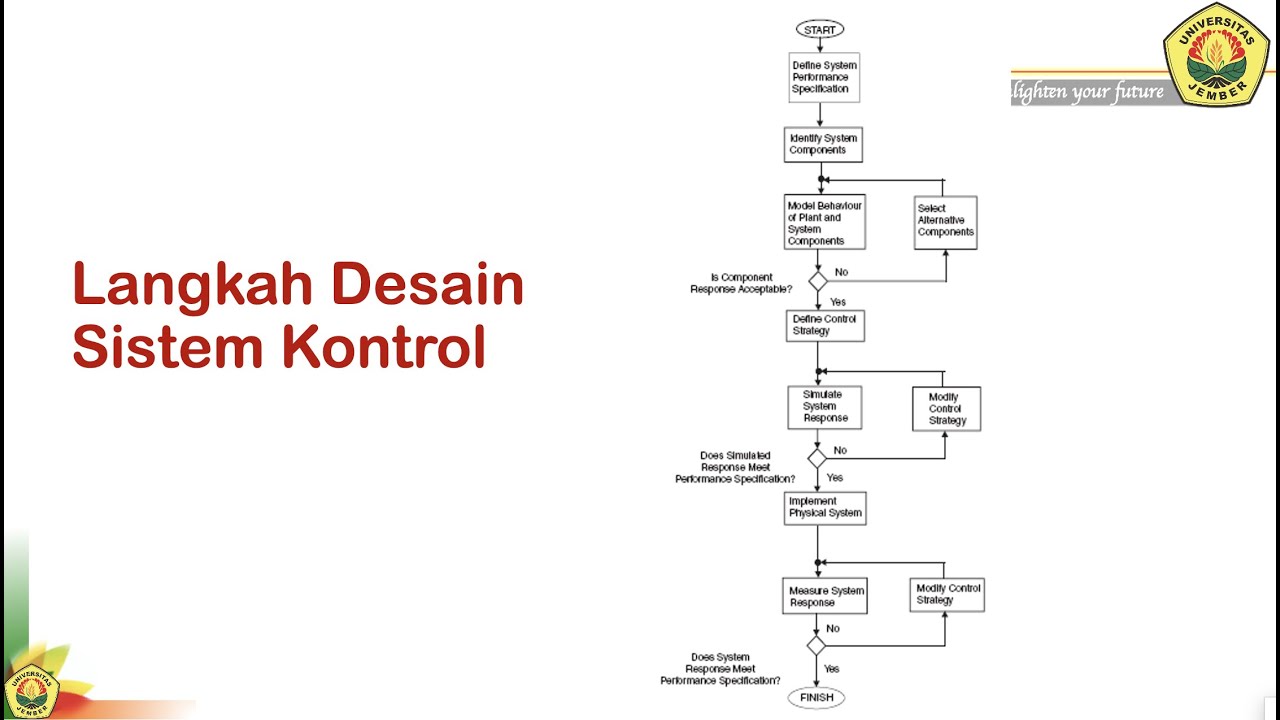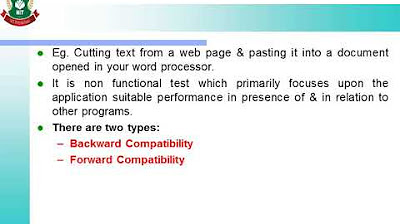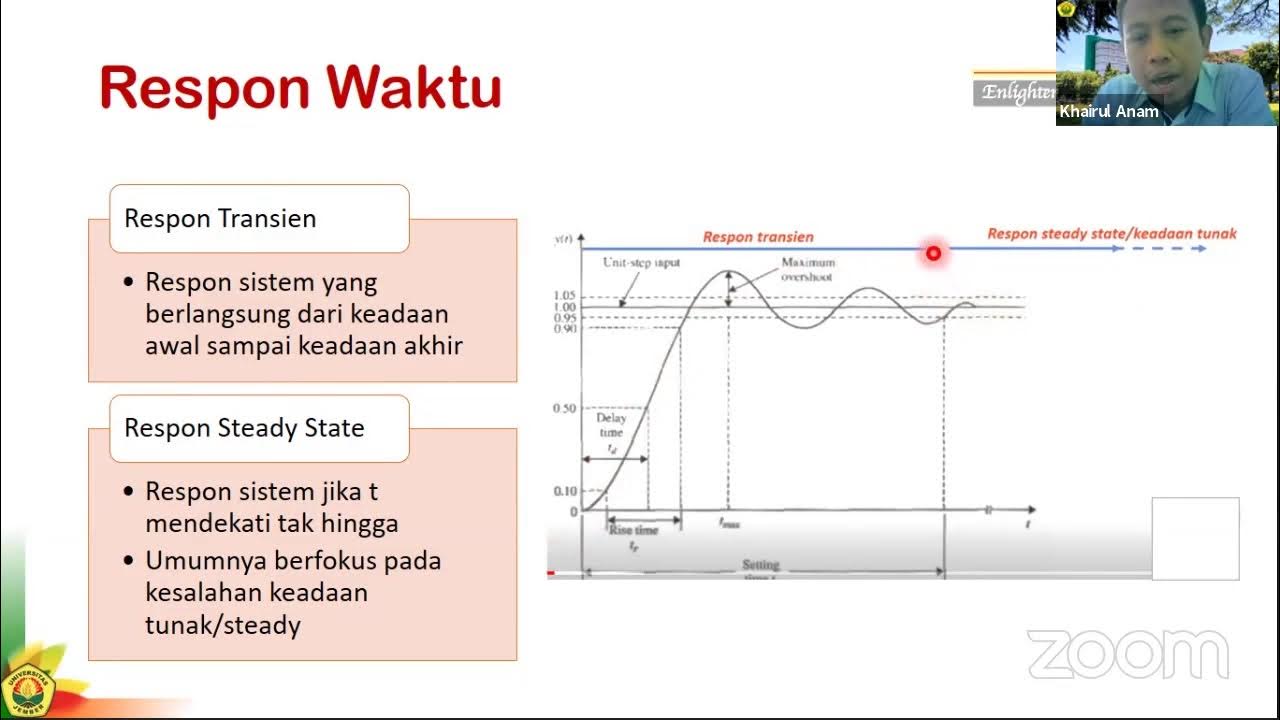Hard System Menthodology (HSM) Soft System Methodology (SSM) | Prof. Dr. Eriyatno
Summary
TLDRThis video lecture covers systems and models, particularly focusing on methodologies for system analysis. The speaker emphasizes key aspects such as subsystems, input-output models, and the importance of understanding system complexity. Different system paradigms are explored, ranging from functional to fairness and postmodern approaches. Practical examples include environmental management and sustainable agricultural practices. The lecture highlights the need for mathematical modeling, computer applications, and artificial intelligence to analyze and solve complex problems in system management and policymaking. The speaker concludes by discussing the importance of digital transformation in future system development.
Takeaways
- 📚 The lecture focuses on systems methodology, emphasizing its application in environmental management and policy-making.
- 🌳 Systems approach in environmental management requires defining clear subsystems and boundaries, such as analyzing a specific national park rather than the entire forest ecosystem.
- 🎯 One key goal in managing natural systems is to preserve biodiversity, ensuring the survival of unique flora and fauna.
- 🌱 Inputs and outputs of the system are crucial for evaluating performance, akin to analyzing a complete dish like 'gado-gado' rather than isolated components.
- 🔄 Complex systems require flexibility and resilience, adapting to rapidly changing environmental conditions, such as climate change impacts.
- 🧠 Four types of system paradigms are introduced, focusing on efficiency, effectiveness, fairness, and post-modern diversity approaches in environmental systems.
- 🔬 Hard systems methodology involves well-defined mathematical models, suitable for solving structured problems like flood control or agricultural productivity.
- 📊 The soft systems methodology is ideal for addressing unstructured problems, allowing for different perspectives and stakeholder consensus.
- 🧩 The lecture highlights the importance of interdisciplinary collaboration, combining experts from agriculture, business, and social sciences to solve complex environmental problems.
- 🤖 The role of Artificial Intelligence and digital transformation is emphasized, highlighting the future need for advanced analytical tools in complex systems analysis.
Q & A
What are the two key methodologies mentioned for system approaches?
-The two methodologies discussed are 'hard system methodologies' and 'soft system methodologies.' Hard systems are focused on well-defined problems, often using mathematical models, while soft systems deal with more complex, undefined problems with multiple perspectives.
What is the importance of defining system boundaries in environmental management?
-Defining system boundaries is crucial because it helps narrow down the scope of analysis. For example, instead of analyzing the entire forest system of Indonesia, one might focus on a specific area like a national park, which makes the problem more manageable and the analysis more precise.
How does the speaker compare systems thinking to food analogies like gado-gado?
-The speaker compares systems thinking to eating gado-gado, where all elements (e.g., peanuts, vegetables, crackers) must be consumed together as a whole. Similarly, in systems thinking, the system's components can't be separated or analyzed in isolation.
Why is complexity an important factor in system analysis?
-Complexity determines how we approach system analysis. If a system becomes too complex (e.g., when multiple stakeholders or overlapping jurisdictions are involved), simple approaches may no longer work, and more comprehensive methodologies, like complex systems theory, are required.
What role does adaptability play in complex systems?
-Adaptability is essential for complex systems, especially in environments that change rapidly. The speaker highlights the need for systems to be resilient and capable of adapting to new conditions and evolving environments.
What is meant by 'well-defined problems' in hard systems thinking?
-Well-defined problems are those with clear objectives, measurable inputs and outputs, and rational alternatives. These problems are suitable for hard system methodologies that rely on mathematical models and quantitative analysis.
What challenges are associated with hard system methodologies?
-Challenges with hard system methodologies include the complexity of mathematical models, the time-consuming nature of the process, and the difficulty of applying complex algorithms, especially those involving advanced mathematical concepts like matrix manipulation and differential equations.
How does soft system thinking differ from hard system thinking?
-Soft system thinking focuses on problems with undefined or conflicting viewpoints, where there is no single, clear solution. It emphasizes interpretation, consensus-building, and understanding the problem's context, which is often subjective and diverse in nature.
What is the role of stakeholders in system analysis?
-Stakeholders play a critical role, especially in soft systems analysis. Their different perspectives and interests (e.g., government, NGOs, local communities) need to be taken into account to create a holistic and effective solution for complex problems like environmental management.
How does the speaker suggest handling environmental system management with multiple conflicting factors?
-The speaker suggests focusing on key factors like land-use conflicts, globalization impacts, and climate change. By understanding these inputs and their influences on the system, stakeholders can develop integrated approaches that balance environmental sustainability with social and economic needs.
Outlines

This section is available to paid users only. Please upgrade to access this part.
Upgrade NowMindmap

This section is available to paid users only. Please upgrade to access this part.
Upgrade NowKeywords

This section is available to paid users only. Please upgrade to access this part.
Upgrade NowHighlights

This section is available to paid users only. Please upgrade to access this part.
Upgrade NowTranscripts

This section is available to paid users only. Please upgrade to access this part.
Upgrade Now5.0 / 5 (0 votes)





